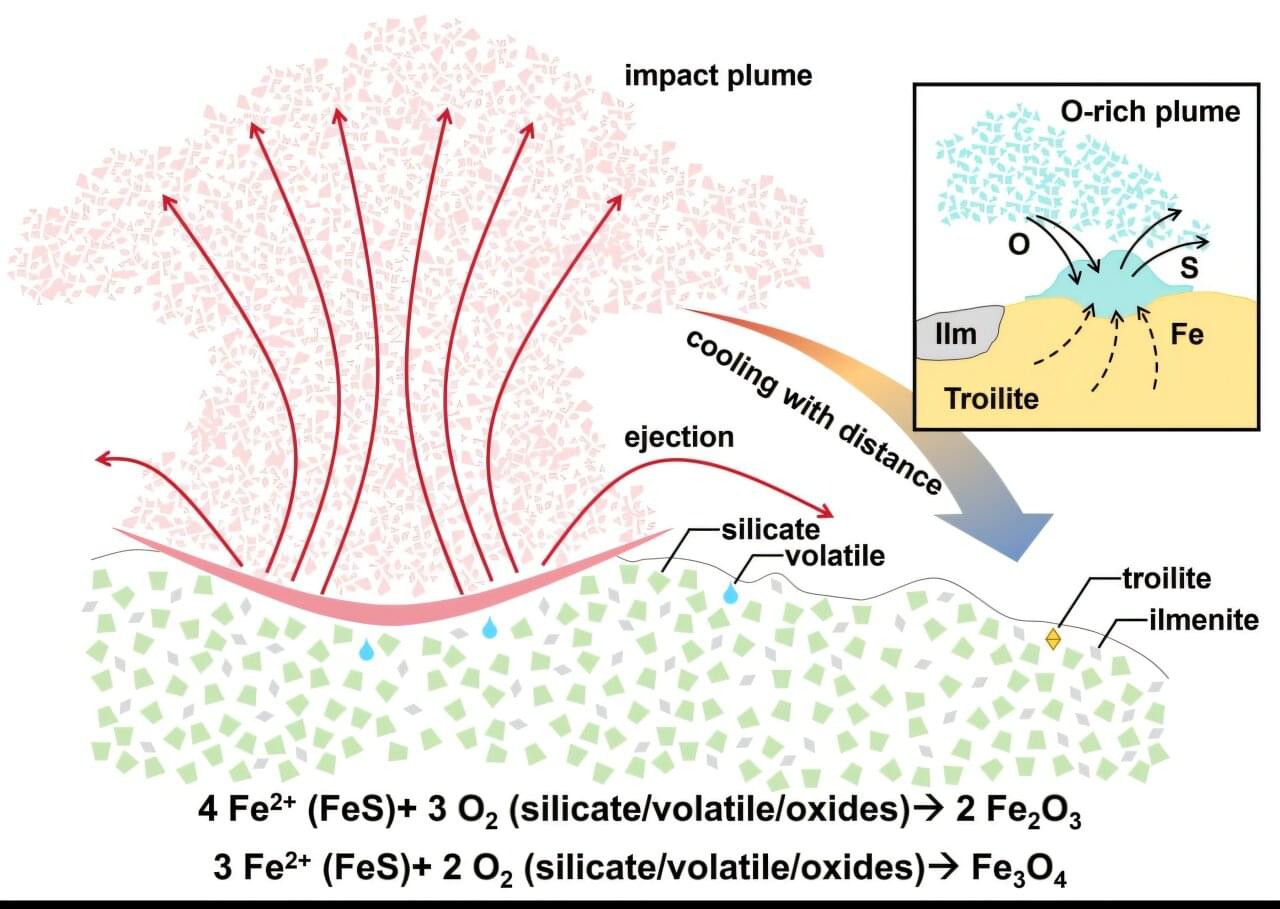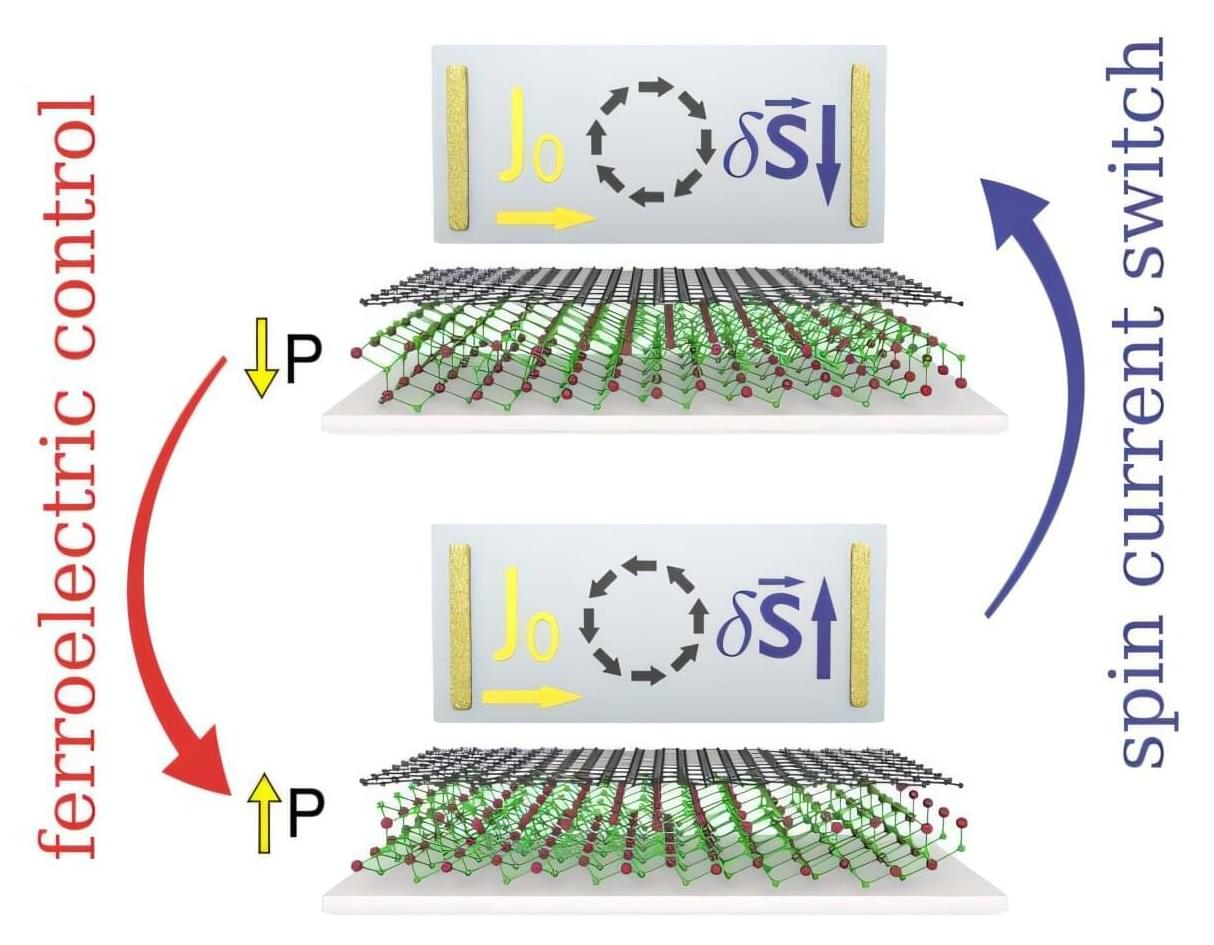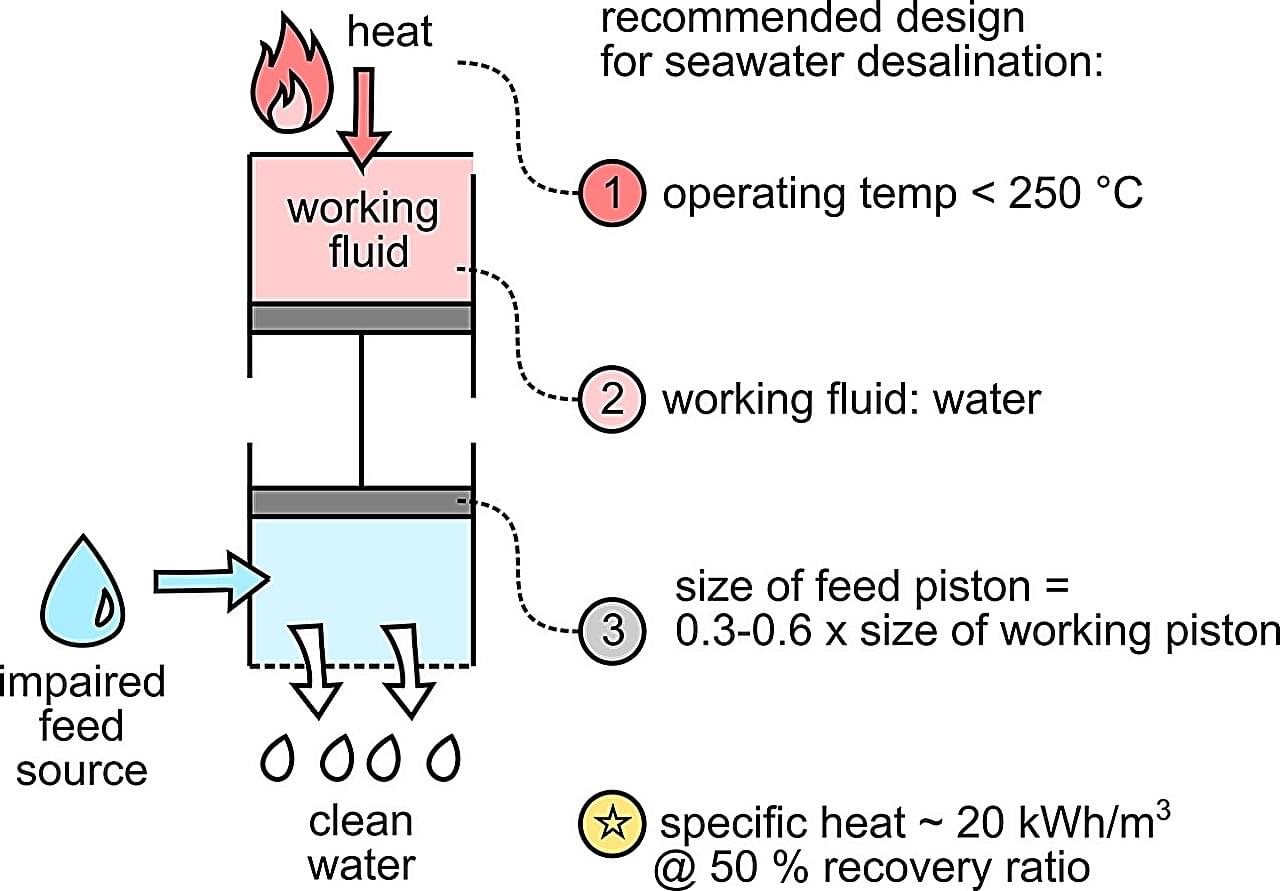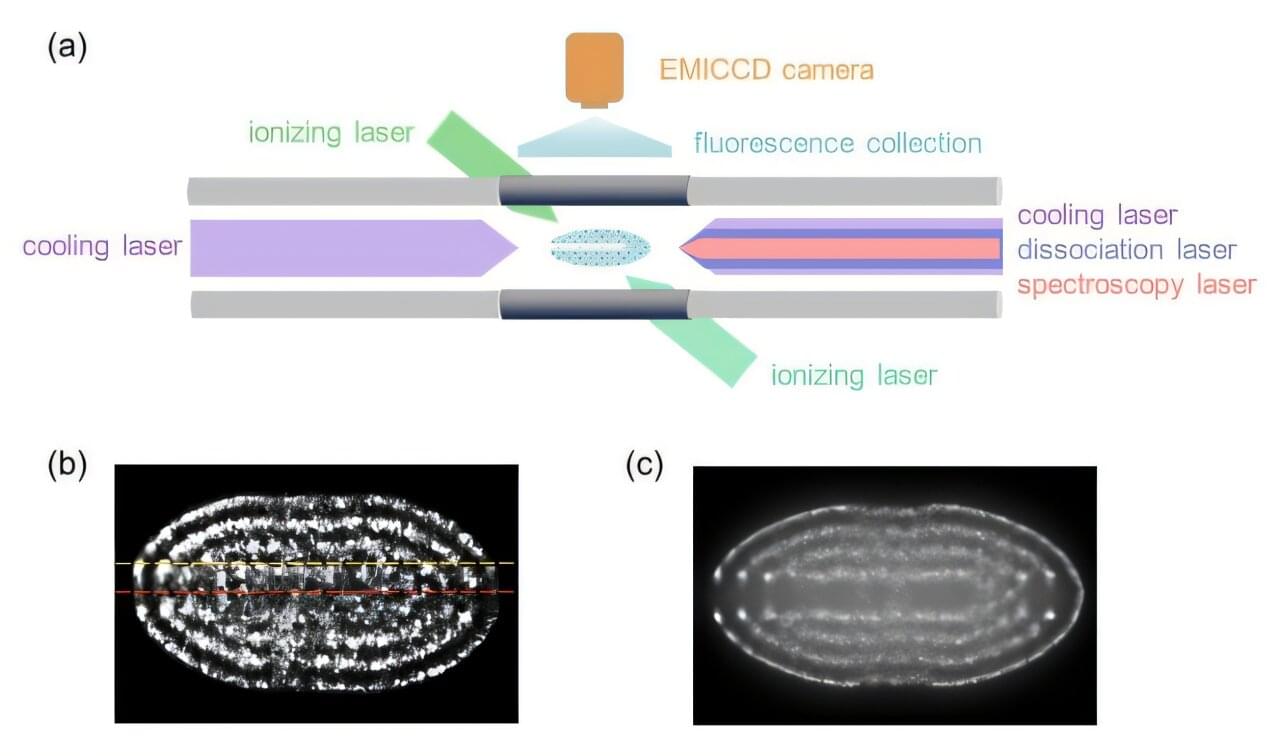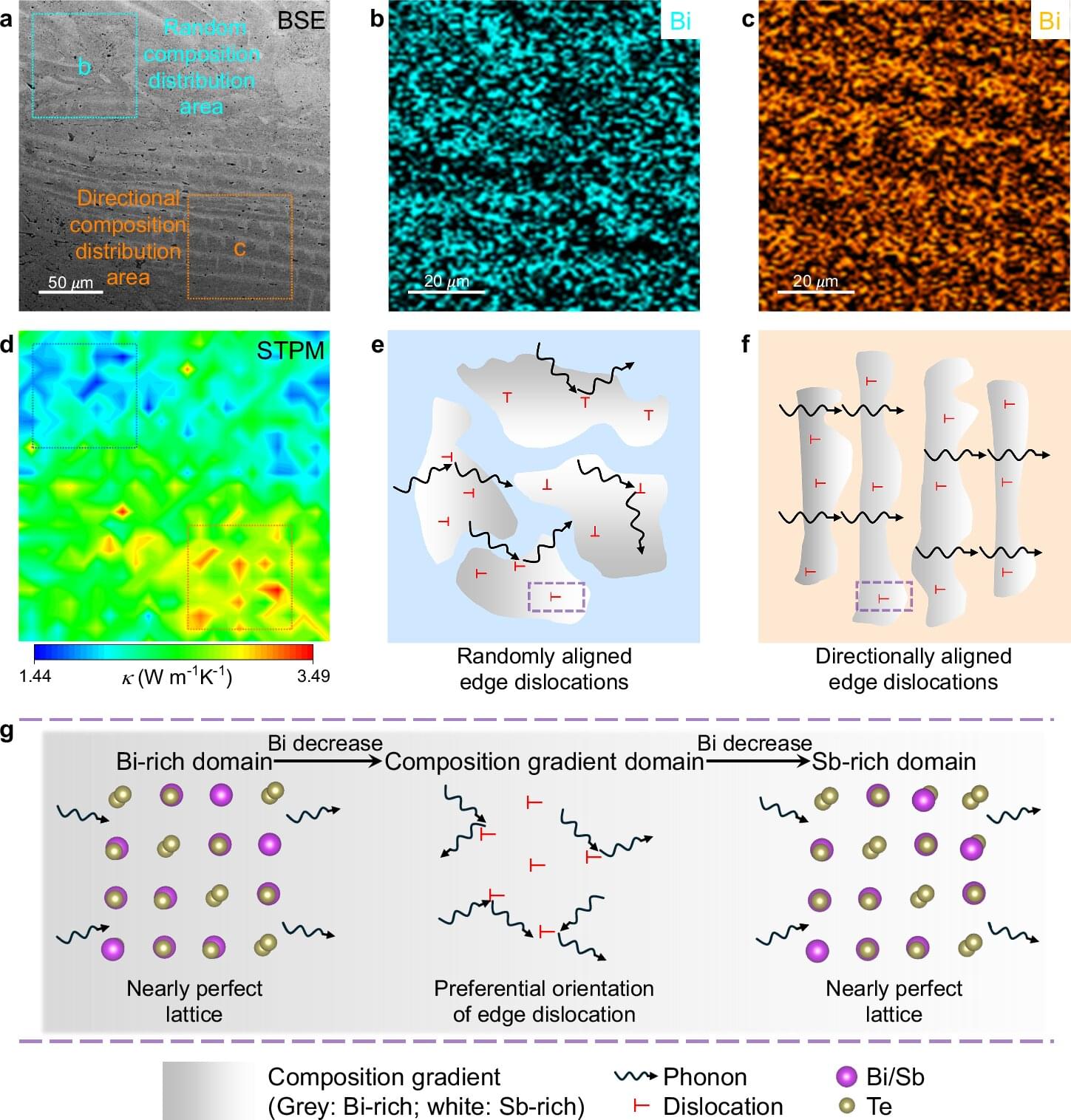A joint research team from the Institute of Geochemistry of the Chinese Academy of Sciences (IGCAS) and Shandong University has for the first time identified crystalline hematite (α-Fe2O3) and maghemite (γ-Fe2O3) formed by a major impact event in lunar soil samples retrieved by China’s Chang’e-6 mission from the South Pole–Aitken (SPA) Basin. This finding, published in Science Advances on November 14, provides direct sample-based evidence of highly oxidized materials on the lunar surface.
Redox reactions are a fundamental component of planetary formation and evolution. Nevertheless, scientific studies have shown that neither the oxygen fugacity of the lunar interior nor the lunar surface environment favors oxidation. Consistent with this, multivalent iron on the moon primarily exists in its ferrous (Fe2+) and metallic (Fe0) states, suggesting an overall reduced state. However, with further lunar exploration, recent orbital remote sensing studies using visible-near-infrared spectroscopy have suggested the widespread presence of hematite in the moon’s high-latitude regions.
Furthermore, earlier research on Chang’e-5 samples first revealed impact-generated sub-micron magnetite (Fe3O4) and evidence of Fe3+ in impact glasses. These results indicate that localized oxidizing environments on the moon existed during lunar surface modification processes driven by external impacts.
